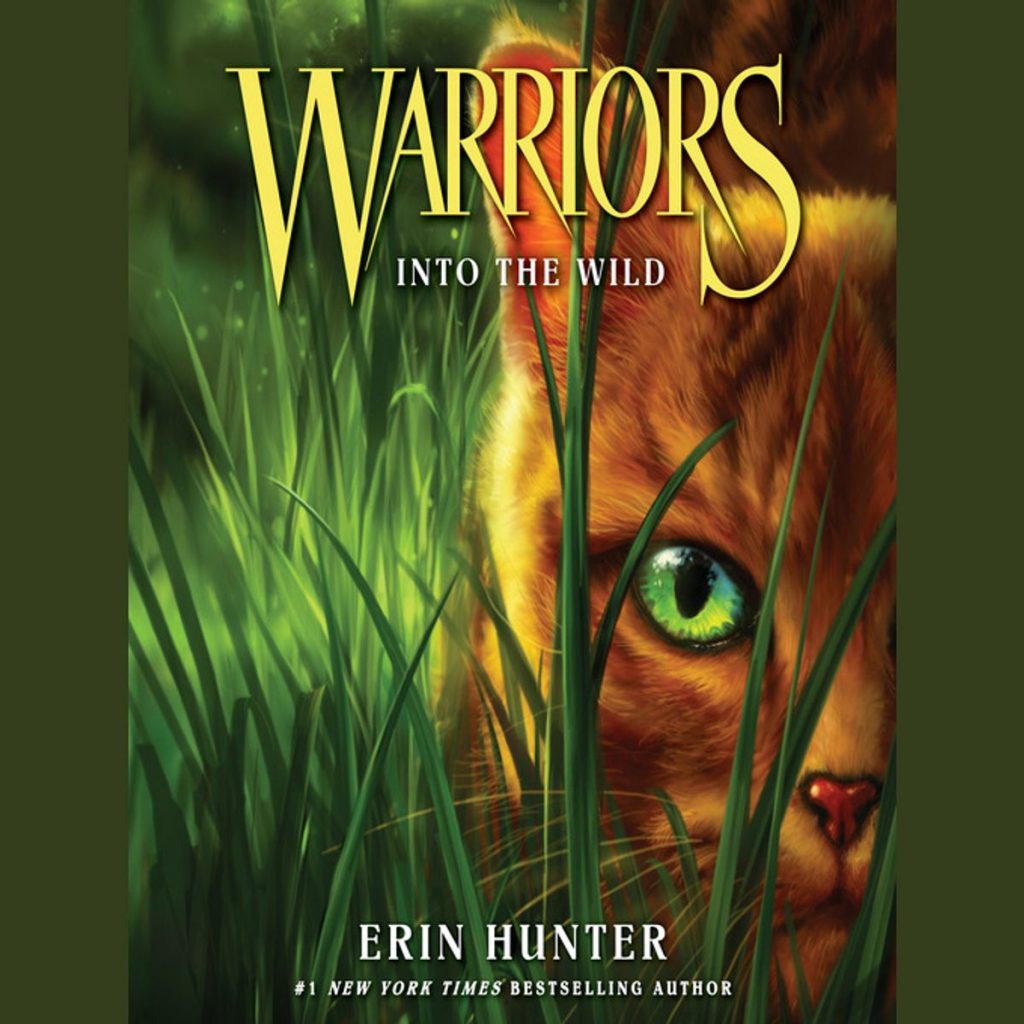Get them reading to succeed at English
The single most important thing you can do to help your child succeed at English is to encourage them to read. By the time they get to GCSE/IGCSE they will need pretty advanced reading skills, to be able to understand, analyse and respond to a variety of texts.
For Literature this will include a novel (prose), a drama (play) and poetry. For Language they will have comprehension passages to decode and analyse. These passages will have both explicit information (easy to find) and implicit information (much harder to find).
It is amazing to me how many students, particularly for literature, come for tutoring to help them understand and interpret the works, but when I ask them if they have read the book the answer is ‘no’. To be honest, if your child expects to do well in a literature test, they do actually have to read the book.
Jekyll and Hyde: a free GCSE English Lesson:
Last month I had a student who has just sat his mock on Jekyll and Hyde without having read any of the book besides that I had done with him in tutorials. Every single week I urged him to read the book, or even the next chapter of the book, so we could work on it. But it never happened. I did my best and he got the equivalent of a B grade (which is pretty miraculous) but he would have scored top marks had he actually read the book. I had taught him the analytical skills, practiced several unseen extracts with him, and taught him the themes, context etc., but he fell down on linking the extract he was given to the wider book. This was obviously going to happen because he hadn’t read the rest of the book!
Don’t let your child be this student! Help them get into the habit of reading, and encourage them to explore the world of books.
9 books your teenager should read this summer

Discuss books with them or even films
To really help them succeed at English, encourage them to talk about the books they are reading. If you can read it alongside them and get into the habit of discussion, it will be the very best preparation for both English Literature and English Language. Whilst reading is a great start, it isn’t enough – they are going to have to discuss what they are reading for GCSE/IGCSE and above.
If you can’t think of any good questions to ask them you will find them on the internet as questions for book clubs
If all else fails and you really can’t get them to read the books, then a last resort is to watch the film (if available) and discuss that instead. I cannot say strongly enough that this is no real substitute for reading. The script is very likely to differ from the book and the literary devices that a student needs to know for exams are just not there on the screen. But if you are really stuck and they are clearly not going to read the book, go for the film in the short term.
Free GCSE English Lesson: Frankenstein
Develop narrative writing with visual prompts
Narrative writing is another important skill to develop. It is a key skill in English and is taught from a relatively young age in school. Narrative writing is the ability to write stories, or a creative piece of work. Key elements are setting, character, atmosphere and plot. If you can get your child writing creatively, you will give them a real chance to succeed at English.
However, it can be pretty difficult to just sit down and write a story. Some students will also find it harder than others if they do not have the strongest imaginations. So, help them get started by using visual prompts i.e. pictures.
When I start this skill with GCSE and younger students, I often help them make a simple visual prompt on BitPaper.
We start with some images. We then brainstorm words and phrases they can use to describe the setting, we add in characters, then we work out the plot. By the time we finish a simple board such as this will be covered in the student’s notes and they will be ready to write their story. It is amazingly effective. Try it with your family.
How to get high grades in English Literature
To succeed at English, develop narrative writing with story starters
Another way to develop narrative writing skills with your child is to use story starters. These are more difficult than pictures, so I suggest you move onto these after your child has got used to writing with pictures.
What is a story starter? Here are some examples for you to use
You can make this into a game for younger children or older ones who lack confidence. To do this you write out your story starters on paper, cut them out, fold them over so they can’t be read and mix them up. Put them in a pot/bowl/box – raffle ticket style – and ask your child to choose one without looking. Whatever they pull out of the box, that’s their story beginning.
Encourage them to invent characters for their stories
Once your child is writing stories, they will need to develop characters. You can help them here too by giving them prompts. What does the character look like? Sound like? How old are they? How do they move? What is their personality like? What nationality or culture are they? Is their anything unusual about the character?
Remember that a character doesn’t have to be human. There is a very popular series of books aimed at children/younger teens where the characters are cats.

The writer Asimov used robots. I often use this Asimov short story with older students to teach writing from a perspective. The narrative voice here is the computer and the human characters are viewed through the perspective of the computer.
Asimov Short Story – True Love
I also frequently use robots when I am teaching characters. You can try this too. I have a PowerPoint I have created, but you can just collect images of different types of robot to acheive the same result. If you put ‘robot’ into Google Images, you will have hundreds from which to choose. Also put in ‘friendly robot’, ‘helper robot’ and ‘scary robot’ to see what comes up.
The idea is to have different types of robots, from friendly-looking cartoon characters, to helper robots, to scary robots with evil intent. Obviously, if your child is young, you might want to go easy on the scary robots as we don’t want to give them nightmares. Show them to your child one at a time and ask them what characteristics the robots have. I have used this lesson many, many times and what is interesting is that every child has exactly the same idea about the robots’ characteristics.
Next, try to identify why they think this way. What has the robot designer done to give the robot these characteristics? Is it the colours used? Do they have facial expressions? Big eyes? Bared teeth? Why do we react to these characters the way we do?
Next, ask them to write a story about a robot. They can choose one of your pictures as a visual prompt or make up their own robot character. It is amazing how many students will opt to make up their own character at this stage. If your child chooses this option, they have gained in confidence as a writer and your hard work is paying off.
Creative Writing: Anyone Can Do It!
Encourage them to read, understand and critique newspaper articles
It isn’t just fiction that your child also needs to have a good understanding of various non-fiction text. A rich resource to practice with is newspaper or magazine articles. You can use these as comprehensions to check understanding and to practice extracting information from the text. They will need to be able to find and understand both explicit information (obvious in the text) and implicit information (less obvious and needs a deeper understanding to extract.
You can ask: is the text objective or subjective? What is the purpose of the text e.g. to inform, to persuade, to entertain etc? Who is the likely audience for the article? How effective is the headline?
Help them succeed at English by understanding writing to persuade
A key skill that your child will need to know is writing to persuade or argue. These skills are not just useful for studying English; they are useful and important life skills. The ability to make an effective complaint when we haven’t had the service we should have received, when we want to change something important, or when we want the other party to agree with us – all this is the art of persuasion or argument.
As well as the ability to craft an argument, there are also well-known language devices used in persuasive writing and one of the best places to see/hear this in operation is in political speeches. A political speech is a carefully-crafted piece of writing usually designed to persuade and full of devices such as repetition, emotive language, rhetorical questions and the rule of three. All of these are recognized persuasive devices. Listen to this famous speech – can you spot the devices?
Obama Yes we can speech (go to 9:48 minutes for the relevant section)
Are you looking for a tutor to help your child succeed at English?
You can contact a tutor here
Or contact our friendly and knowledgeable office team to get a bespoke tutor match



